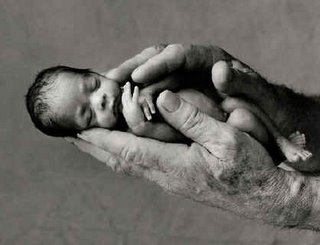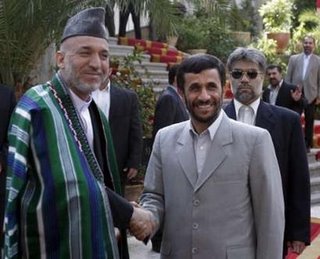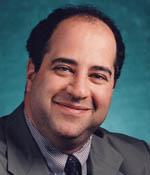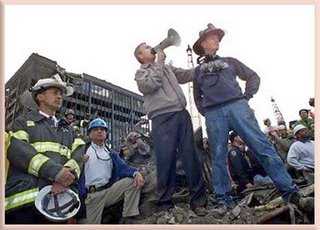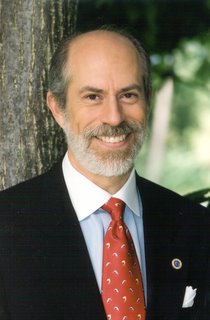 Dennis Prager
Dennis Prager frequently relates one way in which he detected a dangerous decline in the value that our society puts on human life. In speeches to colleges, he would ask the audience to indicate by a show of hands, "If your pet dog and a stranger were drowning, and you only could rescue one of them, whom would you rescue?" The overwhelming majority signalled that they would choose their pet over a human stranger. Dennis argued that this outcome indicated a disturbing decline in morality in modern society.
This news story is another indication, and it is not a hypothetical case. Sir Edmund Hillary, one of the first two men to climb Mount Everest, was shocked when he heard that David Sharp, a climber from Guisborough, England, was left to die last week on his descent from the summit of the world's highest mountain, when he ran out of oxygen. It appears that some 40 other climbers, on their way to the Everest summit, saw him helpless and dying, and passed him by, refusing to abandon their chance to reach the highest place on earth merely to save the life of a fellow human being.
This case is reminiscent of, but perhaps even more shocking than another incident frequently cited by Dennis Prager, the murder of
Kitty Genovese on a Queens, New York street in the early morning hours of March 13, 1964. The investigation of her murder revealed that some 34 people heard her screams and, in some cases, witnessed the attack from their windows, but did not intervene or call the police. She lay screaming, crying and bleeding on the street after the attacker broke off his initial attack, but still no one tried to render aid or call the police, until finally the assailant returned to complete her murder. The statement frequently made by the witnesses to investigators became a byword of the moral malaise that many believed America had entered: "We didn't want to get involved."
At least, one might argue, the witnesses of the Kitty Genovese murder realistically would have put themselves in harm's way by trying to rescue her (although that reasoning does not explain why no one called the police). Can the climbers who passed by the dying David Sharp say as much? Certainly, if several of the groups had abandoned their climb and combined oxygen cannisters, they might have succeeded at little physical risk in bringing Mr. Sharp down to a camp at a lower elevation.
Climbing Everest is no longer the feat achieved by Sir Edmund Hillary in 1953. Though still demanding and dangerous, it has become more of a popular excursion, as demonstrated by the number of climbers on their way up to the summit at the time of Mr. Sharp's death. Not even a quest of fame and glory can be offered by those climbers as their reason for leaving Mr. Sharp to die. It was more like, "Well, helping him would have interrupted our trip."
One wonders whether the phenomena of wholesale abortion on demand and increasing public acceptance of euthanasia have contributed to a utilitarian view of human life, in which the value of saving a life can be outweighed by the inconvenience of the required effort.
"Human life is far more important than just getting to the top of a mountain," Hillary was quoted as saying in an interview with New Zealand Press Association. But Sir Edmund was raised and educated in an earlier era, when moral values were paramount.
"I think the whole attitude toward climbing Mount Everest has become rather horrifying. The people just want to get to the top," he told the newspaper.
Hillary later told New Zealand Press Association he would have abandoned his own pioneering climb in 1953 to save another life.
"It was wrong if there was a man suffering altitude problems and was huddled under a rock, just to lift your hat, say 'good morning' and pass on by," he said.
Ironically, the climbers who left David Sharp to die in order to reach the highest point on earth simultaneously reached the lowest depths of morality. Perhaps they would have acted differenly if the dying victim was not a stranger, but their pet dog.
